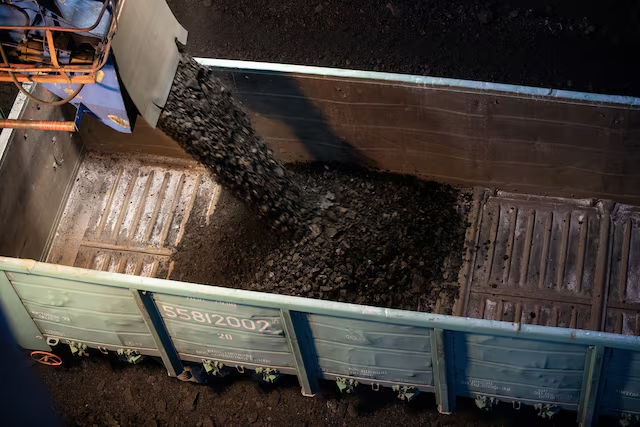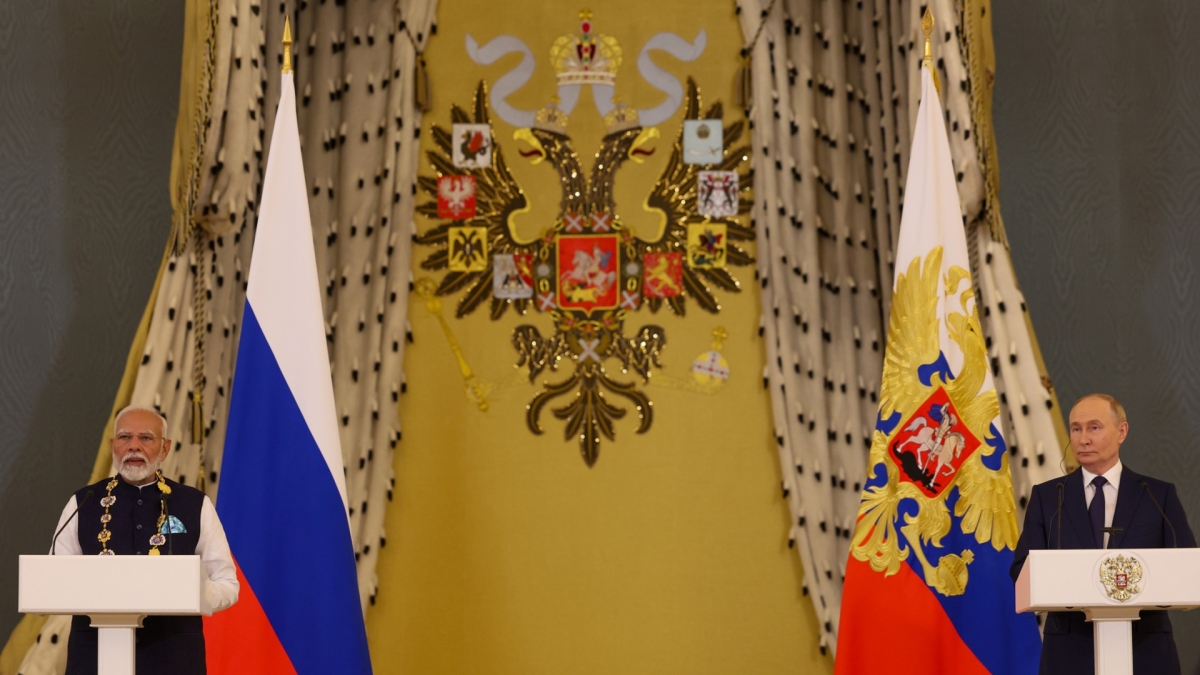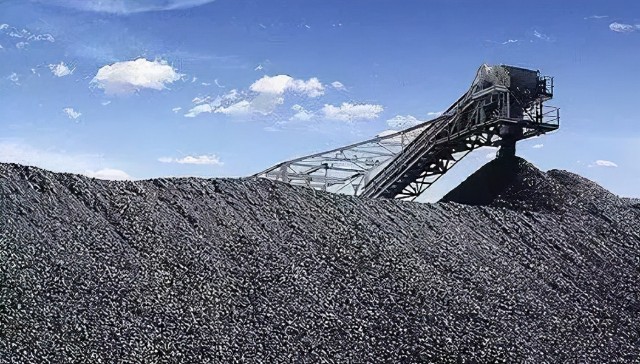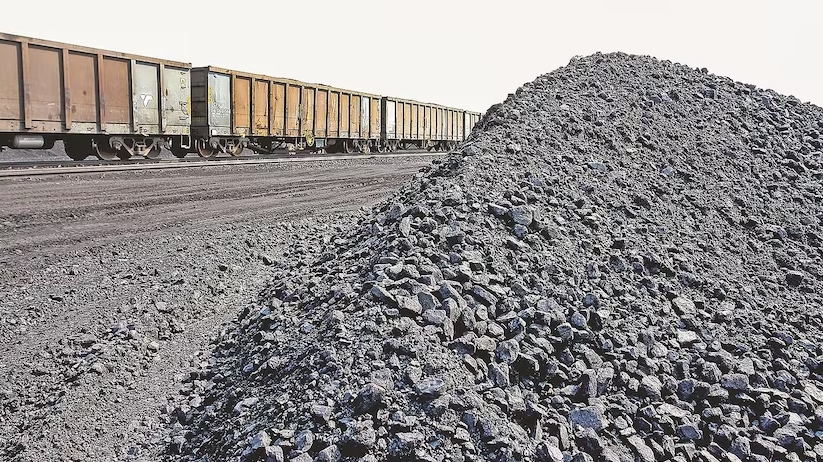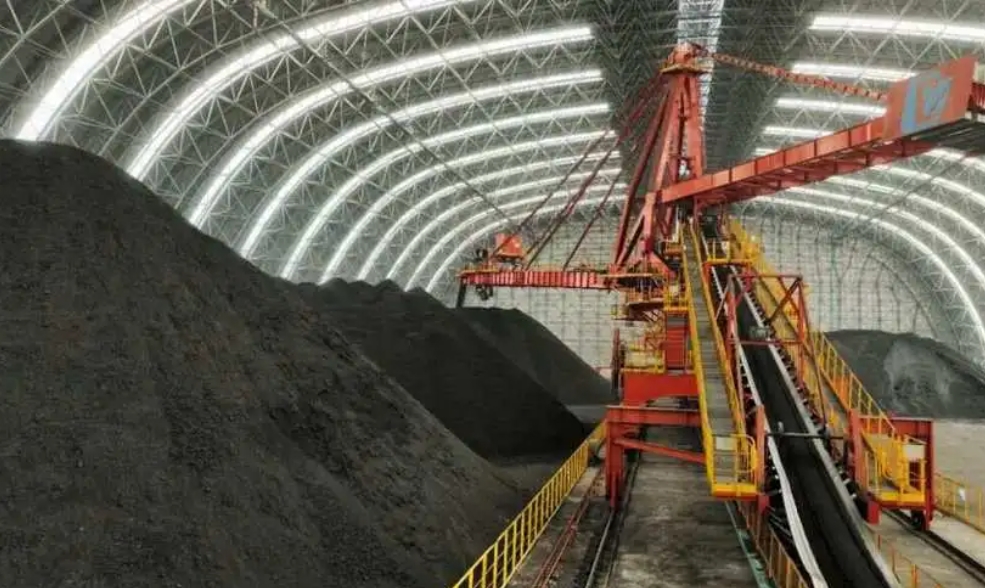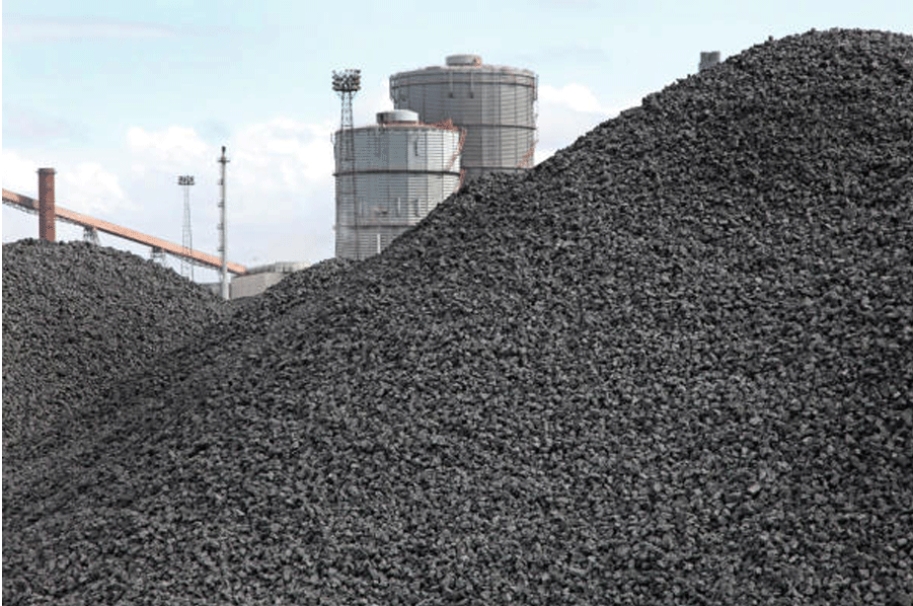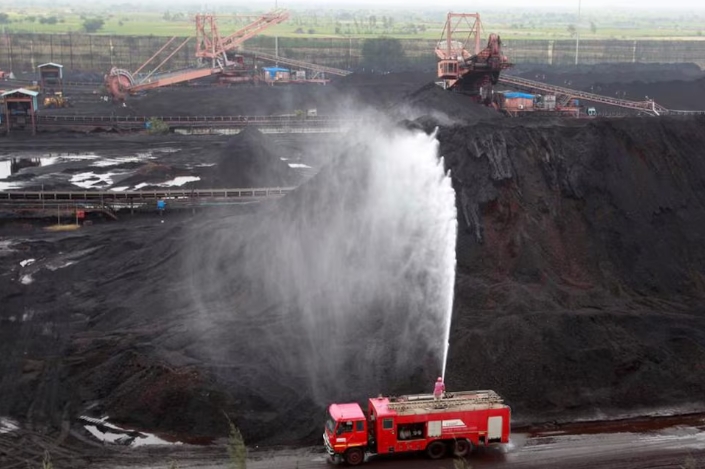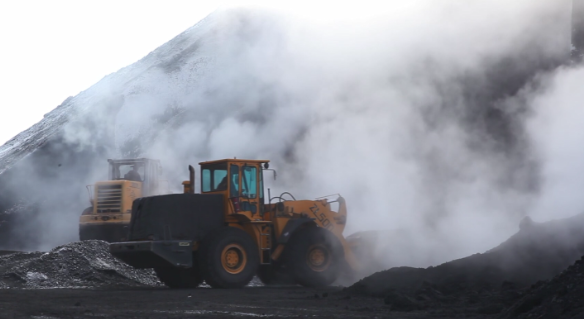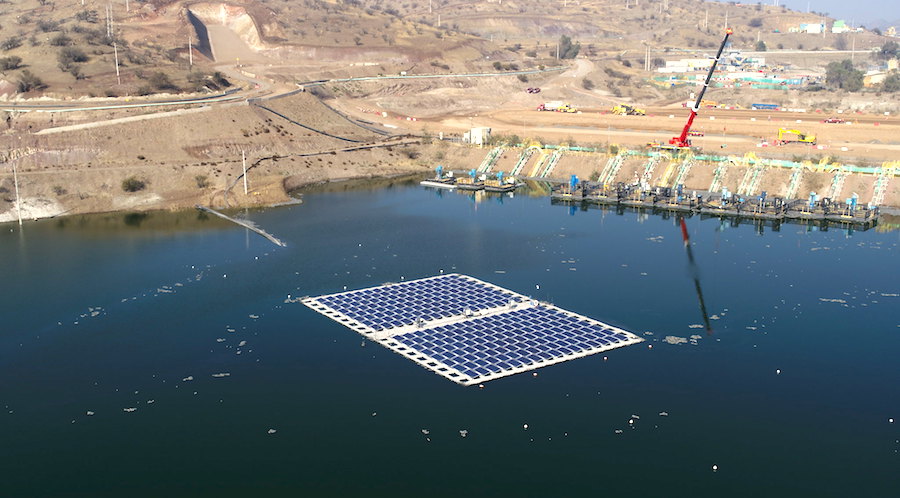
The world’s biggest miners including BHP Group Ltd. and Rio Tinto Group will face growing pressure from investors to properly measure their carbon footprints, according to an international research firm.
At issue is accounting for so-called Scope 3 emissions, or the greenhouse gases created by a company’s customers and suppliers. For miners that produce vast quantities of iron ore for steelmaking, a particularly carbon-intensive material that forms the backbone of the world’s housing and infrastructure, Scope 3 dwarfs the emissions that the companies are directly responsible for.SIGN UP FOR THE ENERGY DIGEST
SIGN UPThe Institute for Energy Economics and Financial Analysis examined five miners that have announced goals to become carbon neutral by 2050 — BHP, Rio, Fortescue Metals Group Ltd., Vale SA, and Anglo American Plc — and found varying degrees of purpose in meeting that target.
“Rio Tinto and BHP have no measurable Scope 3 emissions reduction targets,” Simon Nicholas, a lead analyst at the institute, said in a report, which also described Vale’s efforts as “inadequate.”
Fortescue, the company founded by clean energy advocate Andrew Forrest, won some praise.
“With a target to reach net zero Scope 3 emissions by 2040, Fortescue clearly leads in ambition,” Nicholas said. “The other major iron ore producers need to increase their intent to avoid investor pushback.”
As the climate crisis worsens, investors are paying ever closer attention to a company’s environmental goals when assessing where to put their money.
A crucial point for miners is that the technological transition from coal-based steelmaking is accelerating. That means there’s “no longer any excuse for suppliers of raw materials to the steel industry not to have a measurable Scope 3 emissions reduction target,” Nicholas said.
